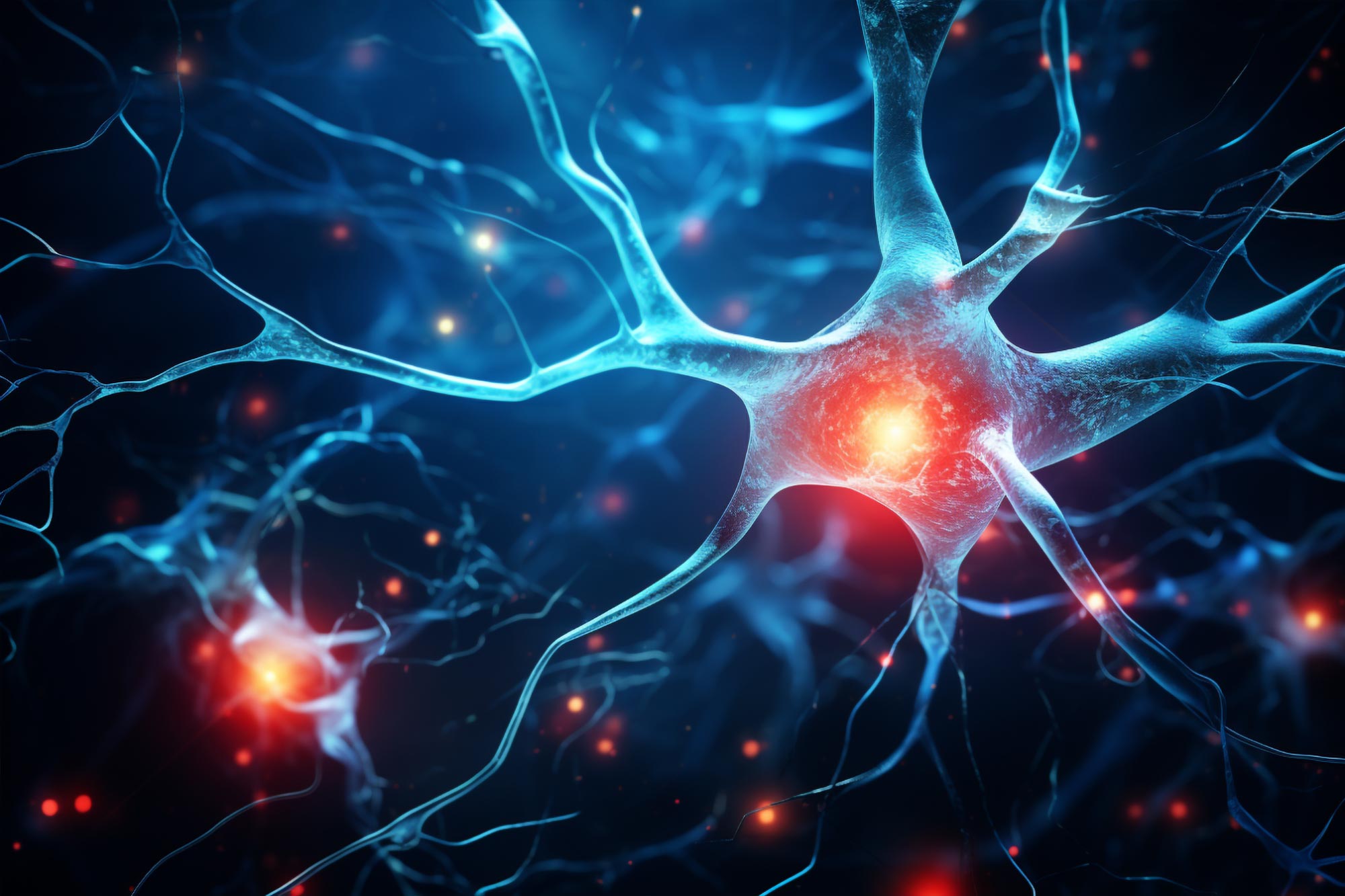- 4 Posts
- 9 Comments

 1·7 months ago
1·7 months agoIt’s actually curious how does one arrive at the idea of using plants like that in the first place, when they are an early human or an orangutan. Probably at first, they just applied random plant matter to cover up the wound, or chewed plant matter to cool it down (it will keep moisture for longer than water). And then noticed that some plants are actually more effective at that.

 6·7 months ago
6·7 months agoTo me, it’s more surprising that we actually know quite a lot about the brain - and yet we still manage to discover new things about it, even fundamentally new like new cell types. Wow.

 1·7 months ago
1·7 months agoI nearly got into trouble once. In a bank. I signed a document, the signature didn’t quite match, they kept asking me to redo it (“we need it just like in the passport”) but after the third or fourth try they let it through.

 1·7 months ago
1·7 months agoA good introductory explanation: https://coldbloodedscience.com/the-art-of-shape/

 84·7 months ago
84·7 months ago- A protest isn’t just a speech - it’s an act. It’s an act of blocking a street, occupying a square, crowding or obstructing a neighborhood etc.
- In democratic countries, a permit isn’t an ask for permission, but more like a notification. Like you say youself: all permits are approved. But you are warning the city that a protest is going to happen here and there.

 1·7 months ago
1·7 months agoI imagine that a failure of connection between brain and hands is possible though. We wouldn’t call it “stutter” normally (it would probably surface as some kind of tremors), but effectively it would be a sign language alternative to stuttering.

 1·7 months ago
1·7 months agoI think Gogol (a classical Russian writer) called a 35 year old lady “an elderly woman”. Never paid that close attention, but I imagine such occurrences can be found throughout classical literature.

 1·7 months ago
1·7 months agoIt has to do with environmental factors, I think. Like maybe their station affects acoustics somehow. Overall, a dialectal linguistic change generally requires a shift of generations.



Brutal!